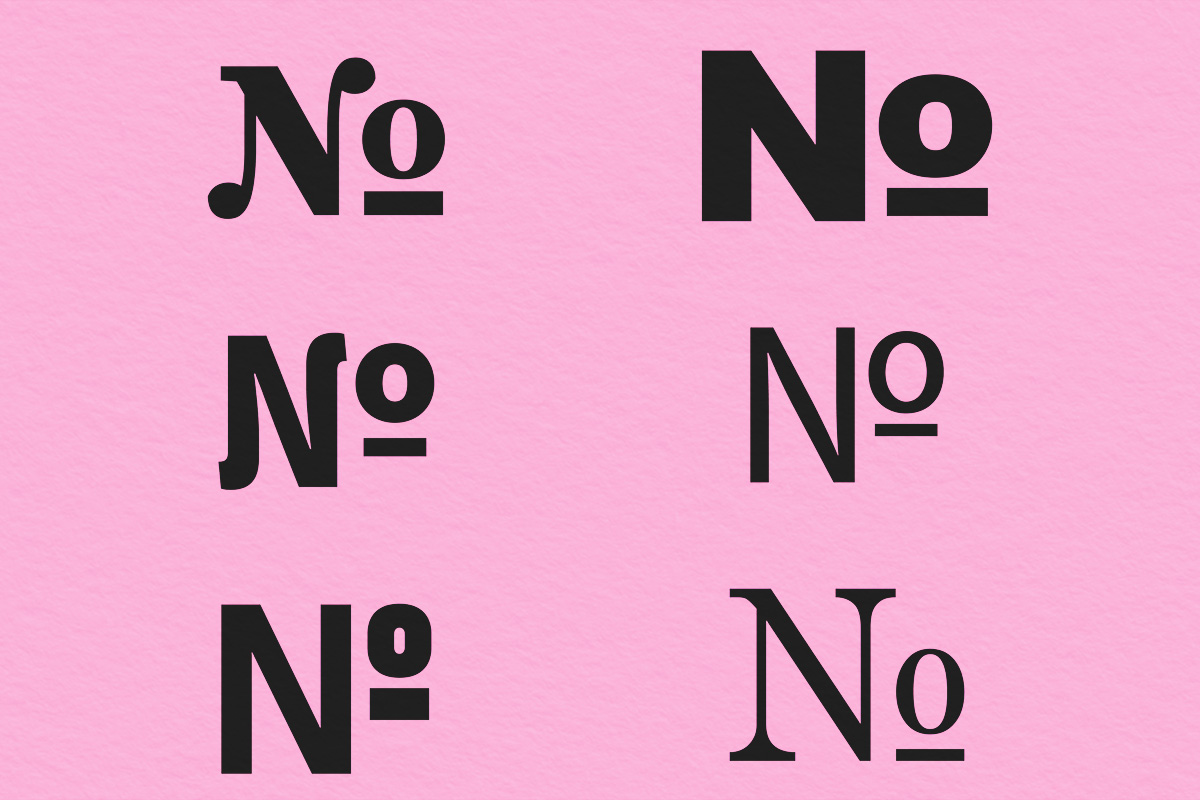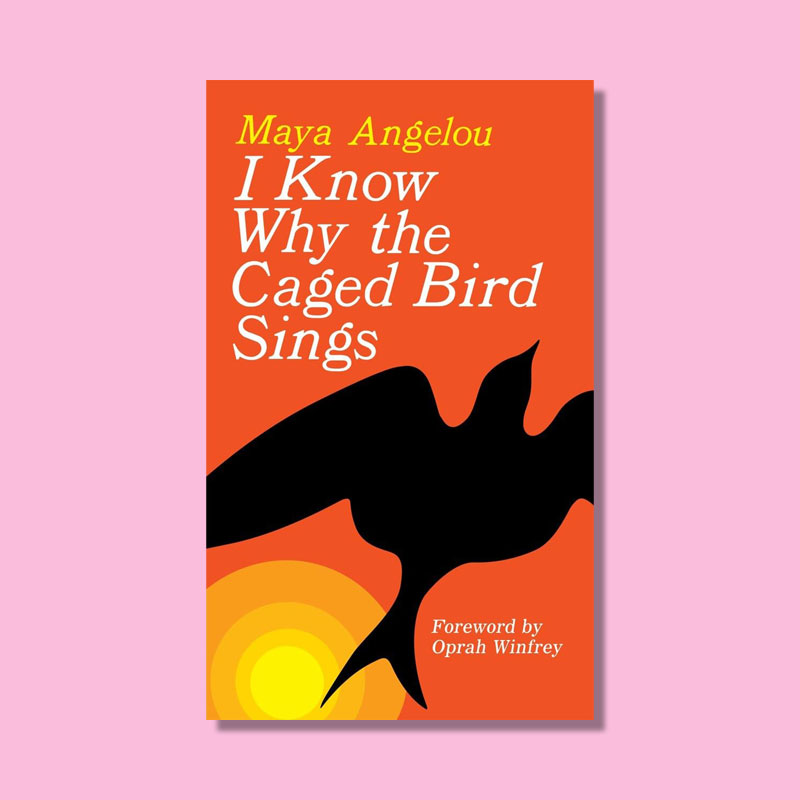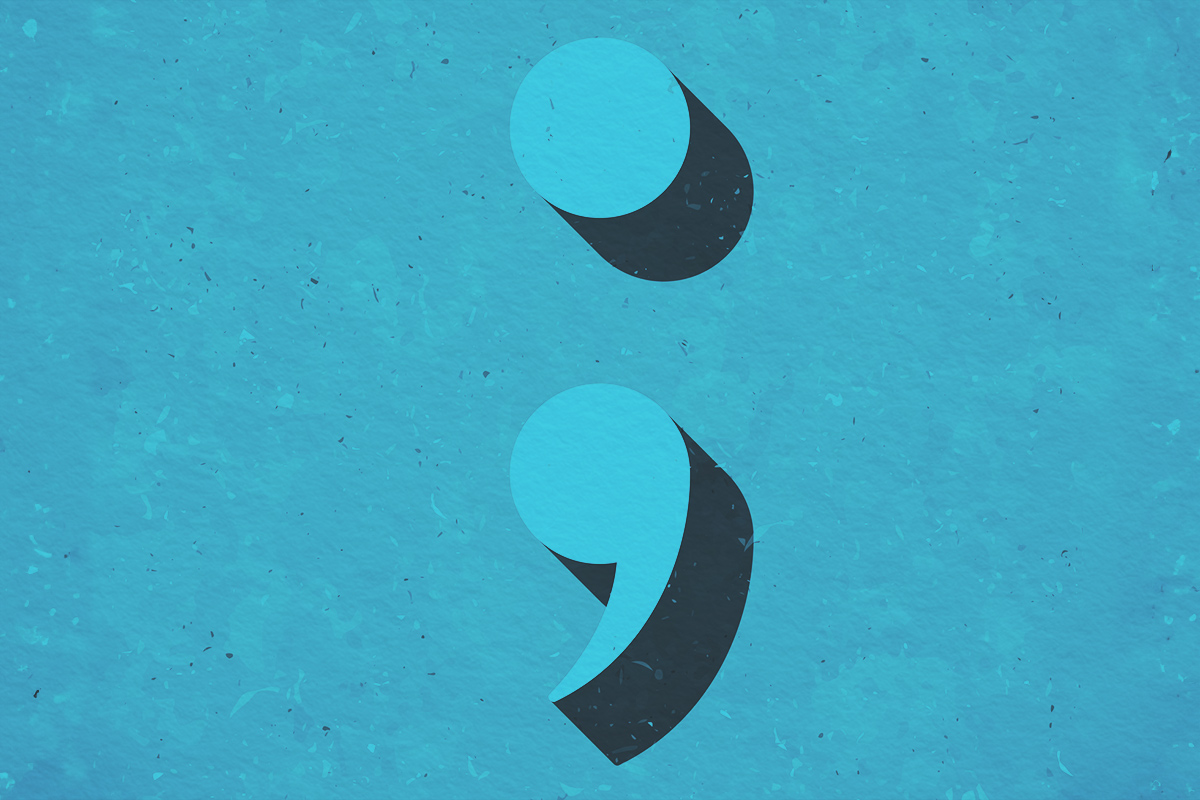Why do we abbreviate "number" as "No."? | | Plenty of abbreviations don't match up to their full words. Why don't we use a version that makes more sense? Why "No." instead of "Nu." or "Nm."? | |  | Bennett Kleinman |
|
| |  | | W e've all heard the old axiom "there's no 'I' in 'team,'" but here's another one for you: There's no "O" in "number." OK, maybe this isn't a nugget of motivational wisdom, but it does make me wonder why "No." is the standard abbreviation for "number." English is full of odd abbreviations — take "lb" as an abbreviation for "pound" (which we touched on in a previous edition), "oz" for "ounce," or "Rx" for "prescription." While the letters in an abbreviation don't always match the full word, there's usually an etymological story to explain it. Let's examine "No." and "number."
This abbreviation goes back to the Latin numero, which translates to English as "number." The "numero sign" has been historically expressed as "N°," "No," or "No." — versions that shorten the word "numero" to just its first and last letters. The Oxford English Dictionary has examples of the abbreviation being used as an adverb meaning "in number" going back to the 1660s, mostly used in reference books. A citation from a 1693 dictionary demonstrates the adverb usage: "No vi. that is, Six in number."
The abbreviation began to be used as a noun, also in reference books, around the mid-to-late 18th century. In a 1797 edition of Encyclopædia Britannica: "When the magnifiers, No 4, 5, or 6, are used."
The usage of "No." continued to grow, and it was adopted for a wide variety of topics outside reference materials. In the 1836 "Sketches by Boz," Charles Dickens wrote, "Mrs. Macklin, at No. 4. opened her little street door," and in an 1840 letter, he wrote, "I am curious to see how the idea of the first No. of my projected work, strikes you."
This repeated use in reference books, by major authors, and by reputable publications earned the abbreviation "No." a permanent place in the common lexicon, despite the mismatch with the English word "number." Without such usage, it might have faded away. But today, anyone will understand if you use "No." to replace the word "number." |
| | Continue reading | |  |
| |
| | Advertisers help keep Word Smarts free | |
Emoji Decoded | |  | | Peach | | | Meaning: Depicts a peach fruit, though it's commonly used as a symbol for buttocks.
Evolution: When Apple attempted to de-emphasize the cleft to make the peach look more fruitlike in 2016, users protested so strongly that the company reverted to a more callipygian (well-shaped buttocks) design.
Usage: [Text about a workout:] Leg day done! Time to build that 🍑 |
|
 | | Peach | | | Meaning: Depicts a peach fruit, though it's commonly used as a symbol for buttocks.
Evolution: When Apple attempted to de-emphasize the cleft to make the peach look more fruitlike in 2016, users protested so strongly that the company reverted to a more callipygian (well-shaped buttocks) design.
Usage: [Text about a workout:] Leg day done! Time to build that 🍑 |
|
| |
Have you read? | |  | | I Know Why the Caged Bird Sings | | By Maya Angelou | | The first in Angelou's series of seven autobiographies, "I Know Why the Caged Bird Sings" chronicles her life until age 17, including her early experiences with racism, abuse, and trauma, and her subsequent quest to rediscover her voice, both literally and figuratively. It's not an easy read, emotionally speaking — Angelou doesn't shy away from the atrocities inflicted upon her, nor from the lasting psychological toll they took — but it is a worthwhile one. | | | | Jennifer A. Freeman, Word Smarts Senior Editor | | | | We independently evaluate all recommended products and services. If you click on links we provide, we may receive compensation. |
|
 | | I Know Why the Caged Bird Sings | | By Maya Angelou | | The first in Angelou's series of seven autobiographies, "I Know Why the Caged Bird Sings" chronicles her life until age 17, including her early experiences with racism, abuse, and trauma, and her subsequent quest to rediscover her voice, both literally and figuratively. It's not an easy read, emotionally speaking — Angelou doesn't shy away from the atrocities inflicted upon her, nor from the lasting psychological toll they took — but it is a worthwhile one. | | | | Jennifer A. Freeman, Word Smarts Senior Editor | | | | We independently evaluate all recommended products and services. If you click on links we provide, we may receive compensation. |
|
| |
You might also like | |  | | | | What's the Correct Way To Use a Semicolon? | | So many people are afraid to use a semicolon because they don't understand the rules, but this punctuation mark is actually simple to use. Follow these rules to use the semicolon correctly every time. |
| | | |
| | Advertisers help keep Word Smarts free | |
|


0 comments:
Post a Comment